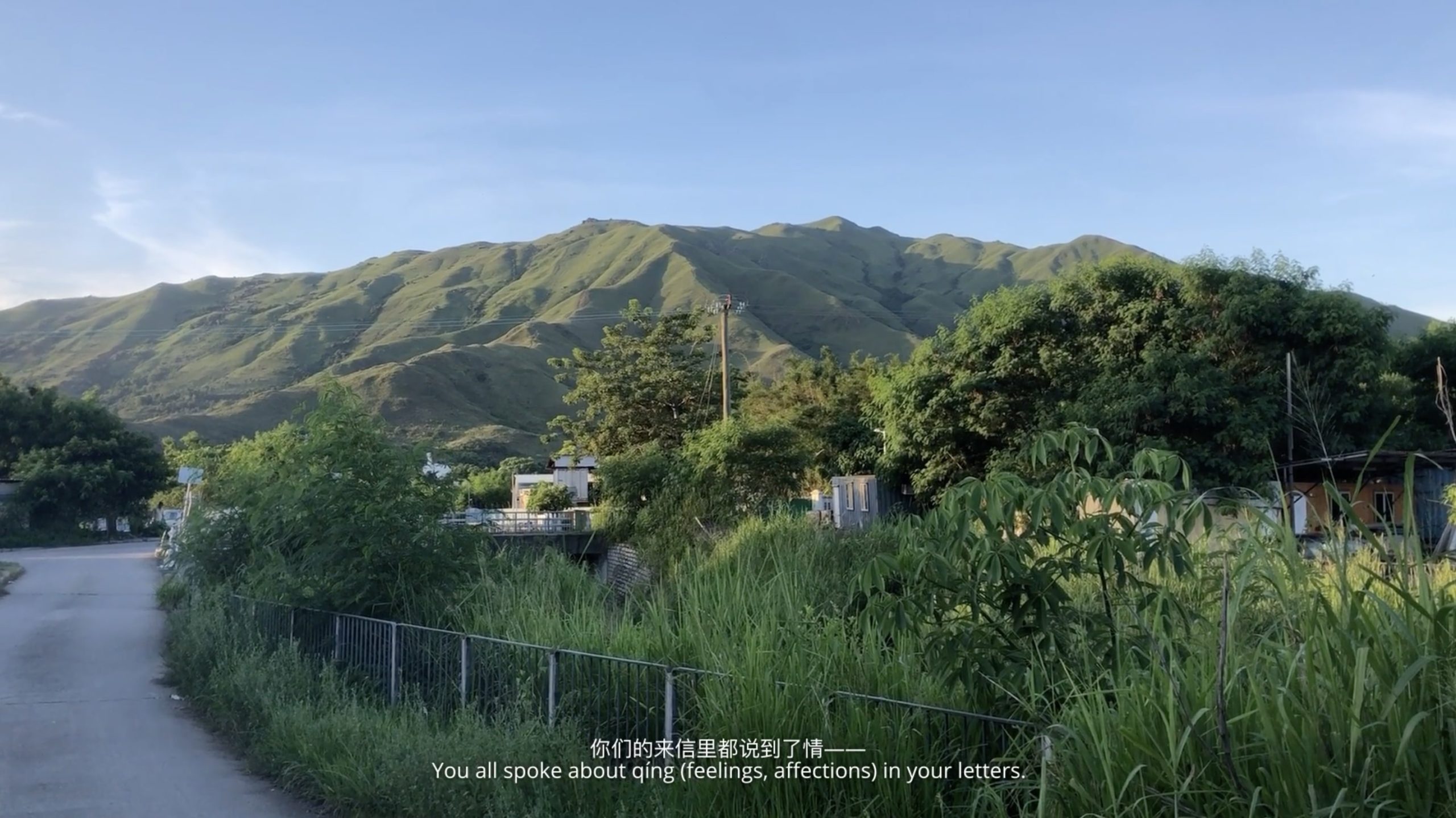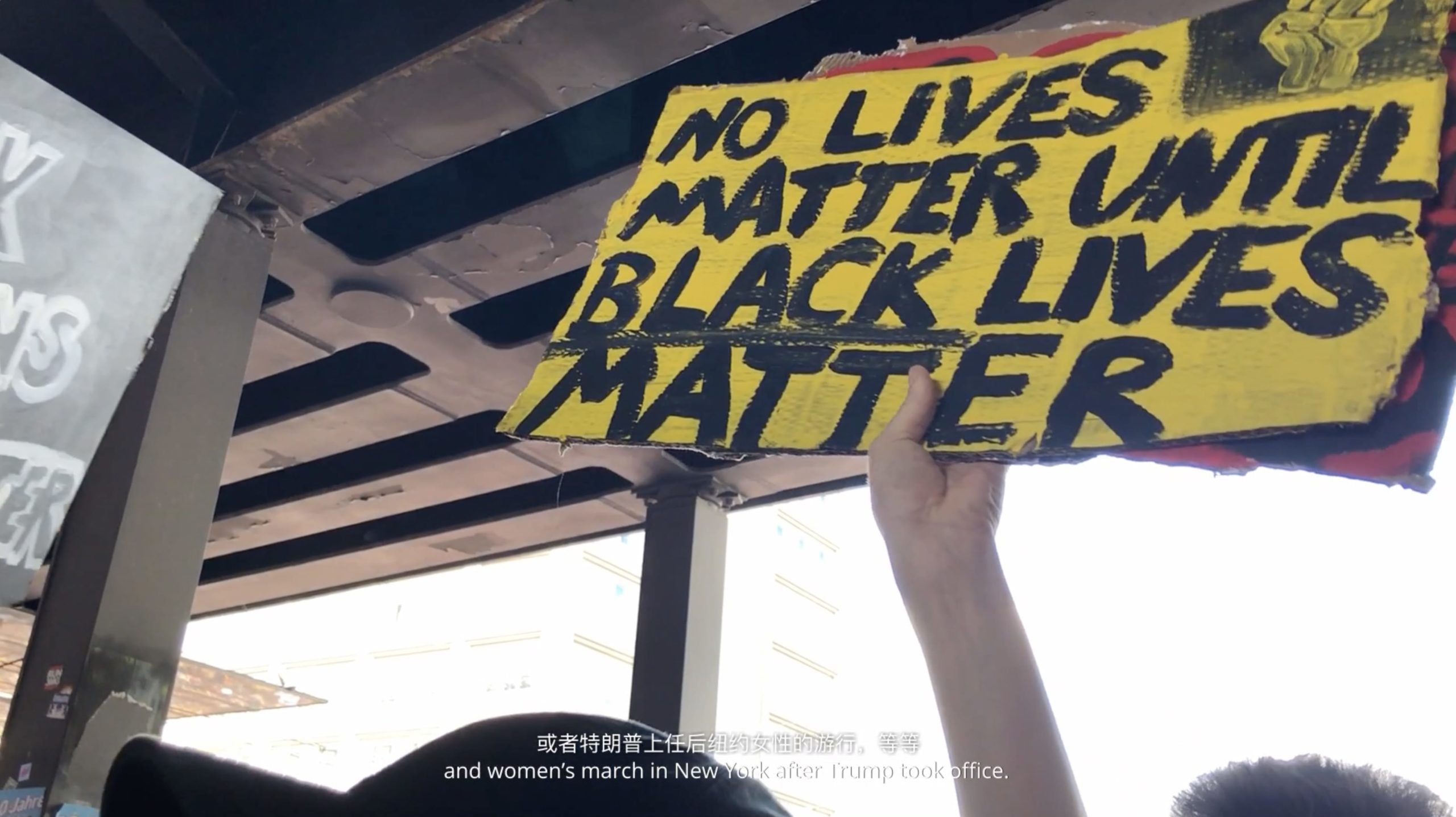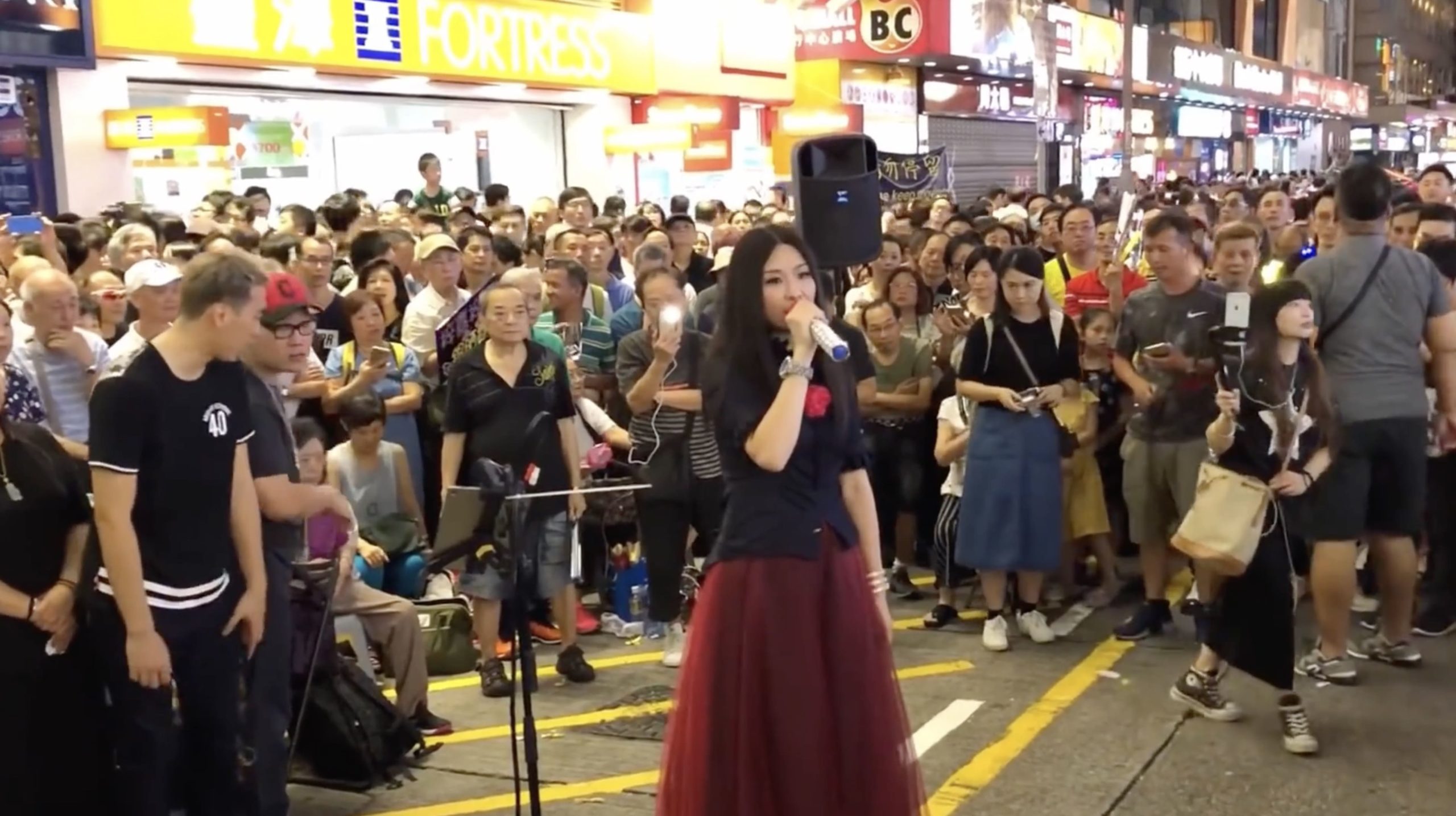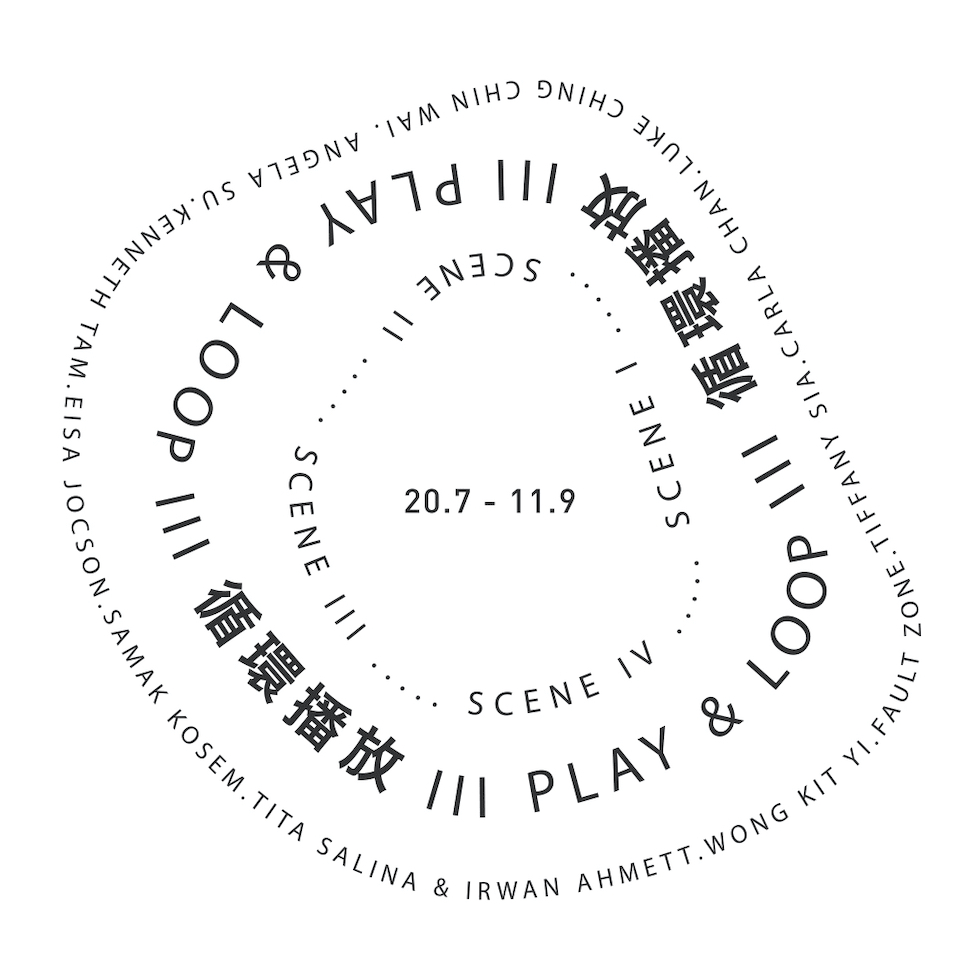Originally initiated by Hao Jingban, Jiang Meng and Su Wei, The Fault Zone is a collective that aims to present the senses and physicality of participating in certain events, revolutions or movements, hoping to rebuild their own life and creation in the uncertain state of knowledge and emotion. Executed through low-cost and flexible methods, such as Vlog, online discussion, writing or online exhibition, The Fault Zone invites people not limited to the arts to participate as this project will be daily and continuous work.
The Fault Zone held their first screening and talk at Blindspot Gallery in December 2020.





